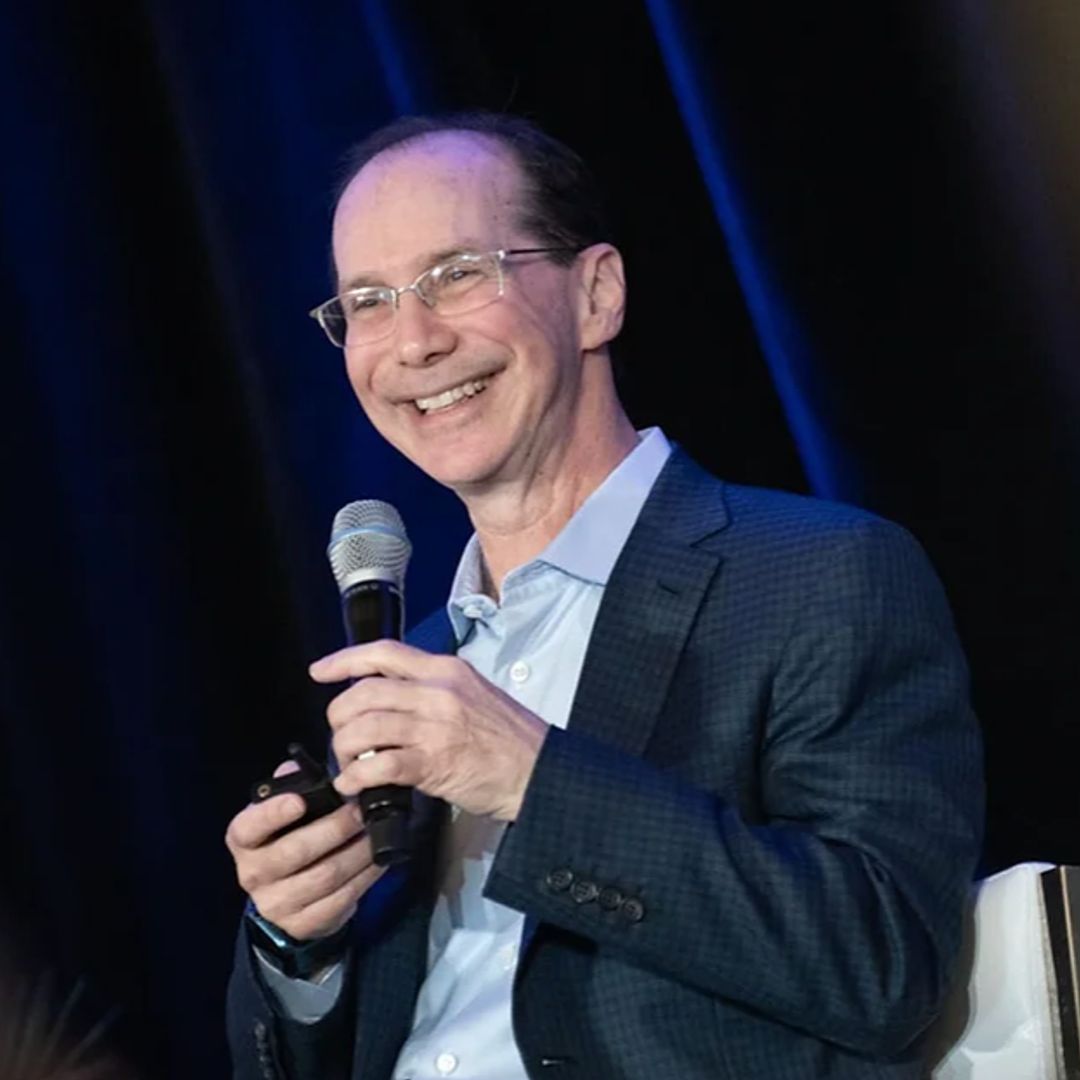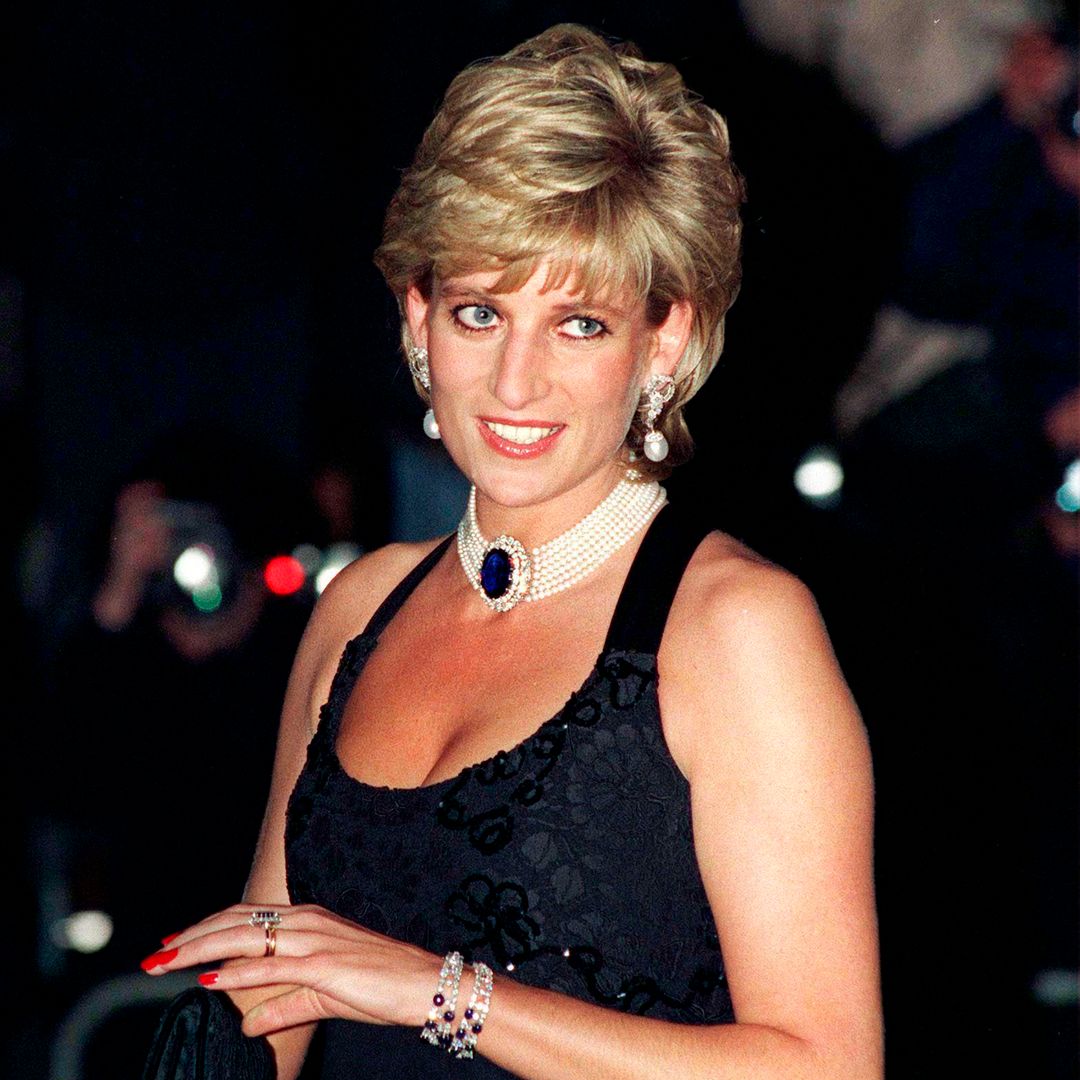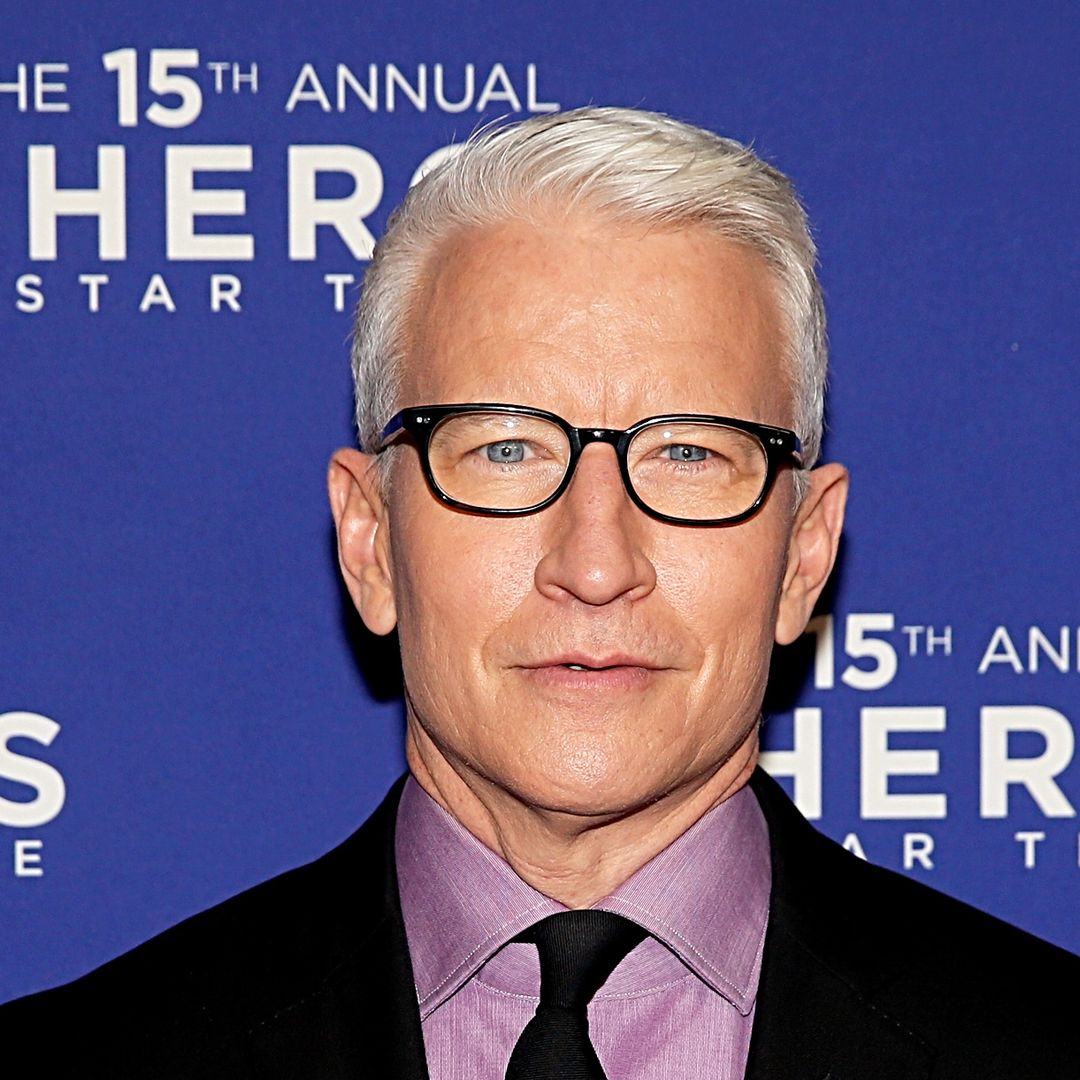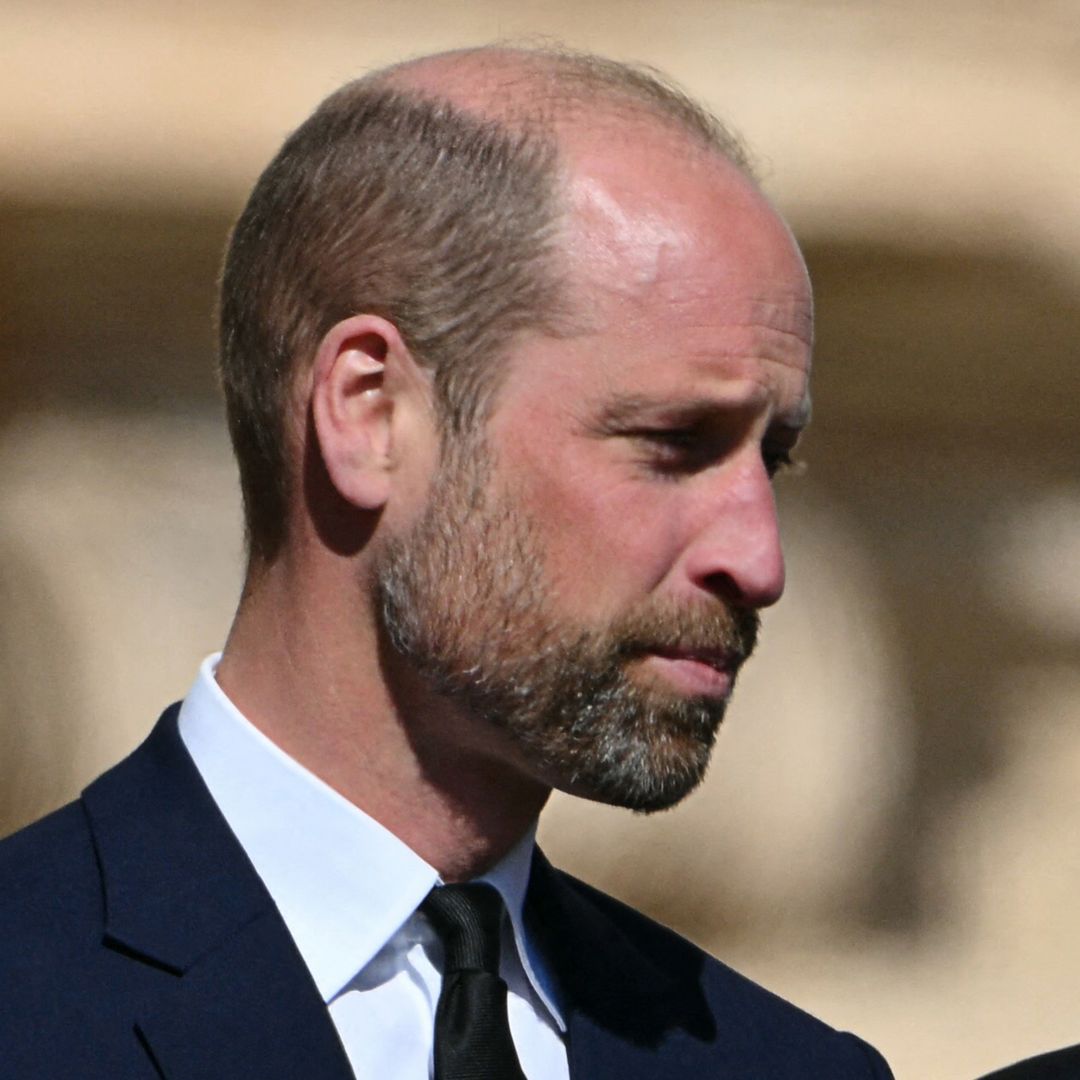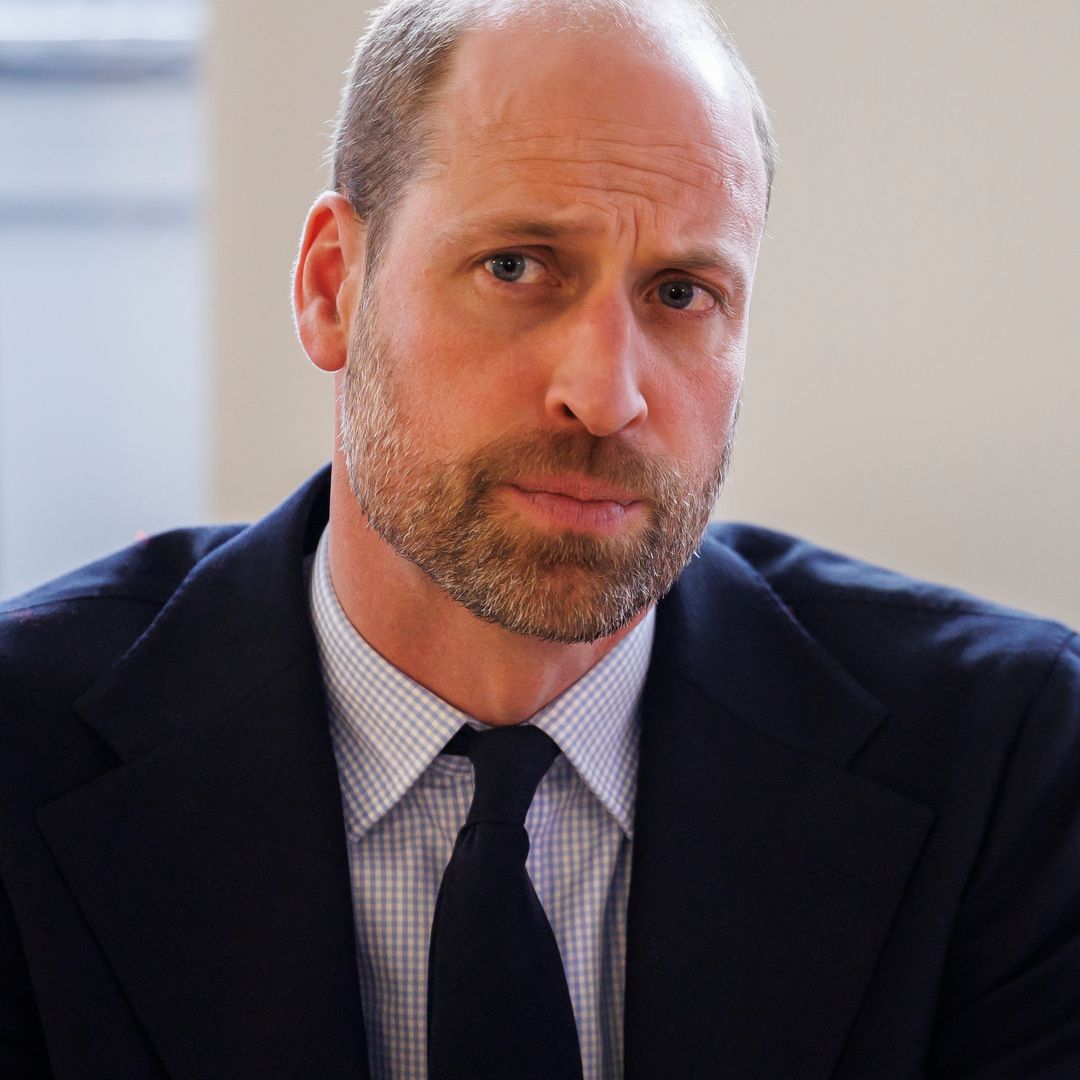Lisa Jackson was one of just two women in her chemical engineering class at college. Now, she's a trailblazing pioneer overseeing Apple's efforts to minimise the tech giant's impact on the environment.
"The title is 'Vice President for Environment Policy and Social Initiatives'," she tells HELLO!. "But if you asked me to say who I am, I would first define myself as an environmentalist."
Lisa's professional turning point in sustainability came in 2008 when President Barack Obama appointed her to serve as administrator of the Environmental Protection Agency; a position she held for five years. During her post in office, Lisa oversaw the development of stricter fuel efficiency standards and the EPA's response to the Deepwater Horizon oil spill, authorised the recognition of carbon dioxide as a public health threat, and set stricter smog pollution limits across the USA.
As we meet in Apple's spectacular Battersea Power Station headquarters overlooking London's bustling riverbank, Lisa lifts the lid on how her passion for the planet drives her to make change within one of the world's biggest tech companies…
What was your experience of studying engineering as a woman?
"When I went to school, engineering was incredibly male dominated," Lisa laughs. "I think during my undergraduate degree only two women in my class were chemical engineers and in grad school it was the same.
"I think as a woman we approach things differently. We look at problems from a systemic view, we're collaborative by nature, and engineering is really about solving problems. While I'm sure there were times when I thought it would be nice to have had more female peers, I now see it as a strength and an asset."
Reflecting on your impactful career, what was your proudest accomplishment working for President Barack Obama?
"When you run the Ministry of Environment you make decisions every day that impact people's health for what could potentially be generations to come," Lisa explains.
"For example, whether the quality of the air is acceptable or unacceptable, or how do we improve the quality of the water that people drink when there's a hazardous or waste issue? In 2009, President Obama promised that we would reverse the cycle in the US of ignoring climate change. Until then, it had been put in a cabinet and we were told not to worry about it," Lisa reflects.
"In that year, at the Copenhagen Summit (United Nations Climate Change Conference) Obama passed that the US must regulate carbon dioxide and other pollutants because of their impact on public welfare. It was a major moment of change in how that policy will be made - and much of that debate, which is still a debate unfortunately, centres on that moment, that decision. I'm so proud to have been part of that."
What does a day in the life of the Vice President of Environment, Policy and Social Initiatives at Apple look like?
"Well, the fun part of the job is putting all the incredibly brilliant and talented people who work for Apple to also work on behalf of the planet. We don't just want to make the best products in the world, they need to be the best planets for the world as well," Lisa says proudly.
"My team is quite small and we call on people throughout the company to step up and help us figure out the challenges that we might be dealing with. For example, mechanical and metallurgical engineers are thinking about recycled materials. They evaluate how we can make our products from recycled materials so we can spare the environmental burden of having to mine material out of the earth.
"320 of Apple's suppliers are already running on renewable energy. 16 gigawatts (enough to power 160 million LED bulbs) of clean energy all around the world is on the grid because of our suppliers."
"We also promised that we would remove plastic from our packaging It's obviously so much better for the planet because it can be recycled and composted. The process of succeeding in that was an amazing example of collaboration with a mission and a purpose."
Globally only around 17% of e-waste is recycled. There are almost 350 million tonnes of unrecycled e-waste on earth. What can we do with our discarded iPhones, iPods and chargers?
"They have value," says Lisa. "They may have monetary value through Apple Trade In, but even if they don't Apple would love to get those back to recycle them. Getting the material that is in your old devices back into commerce is part of our responsbility."
The environmental VP added: "If you have Apple devices you can bring them into any Apple store, or you can mail them to us. Sometimes the hardest part is deciding to let go of something. We even have a robot located in Europe in the Netherlands that will take apart iPhones because we work so hard to get the materials back into production."
What has been the biggest challenge in your career as an environmentalist and an engineer?
"People are taught that to do something sustainable it must require sacrifice or more money, this is a major challenge for us," Lisa explains.
"We know organic food costs more, we assume that something made from a recycled material is 'less than' or it's not going to look as premium as something made from virgin material. The challenge is to make us change our mindset. I actually do believe that there's a little bit of generational resistance happening there. A younger generation is far more accepting of sustainable practices whereas my generation can view being planet conscious as being a hippie, or a 'crunchy granola' person," she laughs.
"At Apple, I would challenge you to see the difference between a MacBook Air that is made from 50% recycled materials and a MacBook Air that isn't made from recycled materials. We understand that people need to change their mindset and we want to show them that recycling is beautiful and functional and long-lasting and high quality and all the things that you expect when you purchase an Apple product.
"By 2030, our goal is to cover the electricity you use to charge your products so that it's clean. Every Apple device (both how it is made and how it is used) will be carbon neutral. We think about the problem really deeply and we want our customers to know that their purchase is positively impacting the planet."
What hurdles do you feel from an engineer's perspective to bring sustainability to the forefront?
"You have to challenge yourself when you embark on a project at work. We all challenge ourselves in the room not to look at it as 'it's going to be hard' or 'it's going to be expensive'. Apple's advantage is that we can be the first mover, the ripple in the pond. We can say here's a device that is 50% recycled - we can do that and we should. "
Lisa continued: "John Ternus is our head of engineering and he said something that really made me think. He said: 'Engineers need constraints in order to do our best work.' Some people might think of the environment as a constraint, like oh we have to use certain materials, or clean energy, he loves those challenges, because as an Apple engineer, we love problem solving. We want to tackle it in a way that nobody has ever done before."



